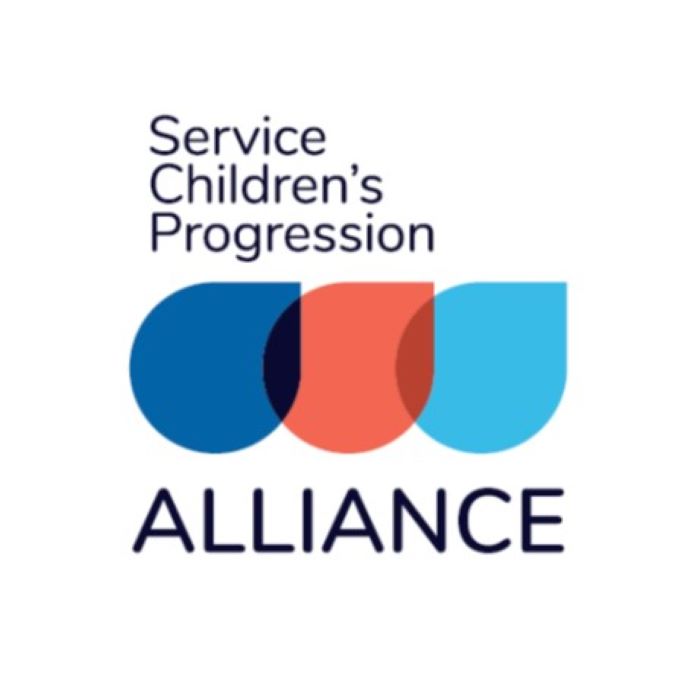
Enhancing Education and Support for Service Children at the University of Winchester
The University of Winchester in the UK is at the forefront of promoting equitable access to higher education and dedicated support for Service children—those who have family members in the armed forces. Understanding the unique challenges faced by these young individuals, the university actively contributes to research, policy development, and practical initiatives aimed at improving their educational journey and overall wellbeing.
Recent funding awarded to the university underscores its commitment to this cause. The Forces in Mind Trust (FiMT) has allocated over £249,000 to establish the Service Children’s Progression (SCiP) Alliance Impact Centre—a collaborative effort with King’s College London. This Centre seeks to expand evidence-based understanding of the needs of Service children and translate research into actionable policies and practices.
Why Service Children Require Specialized Support in Education
Service children often experience a distinct set of circumstances that can affect their academic performance and mental health. Frequent relocations, parental deployment, and the transition between different education systems across the UK and abroad pose significant hurdles. Despite their resilience, these children are statistically less likely to access higher education compared to their peers, partly due to these ongoing disruptions.
The University of Winchester recognizes these challenges and prioritizes initiatives that foster inclusive learning environments. Through research and partnerships, the university promotes policies that acknowledge and address the specific needs of Service children, aiming to close the gap in higher education participation.
University Initiatives Supporting Service Children and Their Families
The SCiP Alliance Impact Centre and Its Role
The impact centre aims to develop comprehensive resources and training programs for practitioners, policymakers, and families supporting Service children. Its objectives include:
- Providing evidence-based evaluation tools to identify best practices in supporting Service children.
- Offering tailored training programs to educators and social workers working with this demographic.
- Facilitating co-production of policies with Service children and their families to ensure relevance and accessibility.
Director Dr Liam Satchell emphasizes the importance of consistent, evidence-led support and collaboration across sectors to improve outcomes for Service children. These efforts align with the university’s broader mission to foster inclusive education and societal wellbeing.
Research and Policy Development
Research conducted by the university and its partners highlights the specific needs of Service children and advocates for policies that recognize their unique circumstances. The university’s involvement in studies like the 2024 report “Under the Radar” demonstrates its commitment to widening access and redefining support pathways for children of armed forces personnel. Such research has played a pivotal role in influencing the Office for Students to classify Service children as an at-risk group, ensuring they receive targeted support from education providers.
Educational Pathways and Accessible Support Structures
To aid Service children in pursuing higher education, the university offers a range of programs and resources, including:
- Transition support programs tailored to children experiencing frequent moves.
- Mentoring schemes connecting students with relatable role models from similar backgrounds.
- Open days and campus visits designed to increase familiarity with university life and alleviate anxiety about transitions.
- Online tools and toolkits, such as the Thriving Lives Toolkit developed by the SCiP Alliance, which provide frameworks for schools and practitioners to improve their support strategies.
Practical Steps for Service Children and Their Families
Parents and young Service children can take proactive steps to ease their educational pathways:
- Engage with dedicated support services: Many universities, including Winchester, provide tailored support—don’t hesitate to reach out early during the application process.
- Utilize online resources: Tools like the Thriving Lives Toolkit offer practical frameworks to help schools and families implement supportive practices.
- Connect with peer networks: Joining groups and communities can provide emotional support and practical advice from others with similar experiences.
- Plan transitions early: Early planning can mitigate the disruption caused by relocations or parental deployment, helping maintain consistent educational progress.
How the University of Winchester Continues to Lead in Inclusive Education
The university’s proactive stance reflects a broader commitment to social justice and educational equity. By fostering research collaboration, influencing policy, and developing targeted support programs, Winchester exemplifies leadership in supporting Service children. Its initiatives help ensure these young individuals are not disadvantaged by their circumstances but are provided with opportunities to thrive academically and personally.
For prospective students or families looking to understand more about the university’s offerings, exploring the available support services and research initiatives can inform better decision-making. The university’s focus on inclusion is complemented by its diverse academic programs, vibrant campus life, and comprehensive student support, making Winchester an ideal place for Service children to pursue higher education.
Take Action: Supporting Service Children’s Educational Journey
If you are a Service family member or a practitioner working with Service children, consider exploring the various initiatives and resources provided by the University of Winchester and its partners. Staying informed about research developments, engagement opportunities, and tailored support programs can make a meaningful difference in the educational trajectories of these young individuals.
Want to learn more about how higher education institutions are creating inclusive environments? Visit our dedicated page for parents and supporters or contact us directly to discuss the specific needs of your family.
In conclusion, the University of Winchester exemplifies how academic institutions can lead efforts to support Service children through research, policy advocacy, and practical support initiatives. Its commitment ensures that Service children across the UK have equitable access to education and the necessary resources to succeed.

